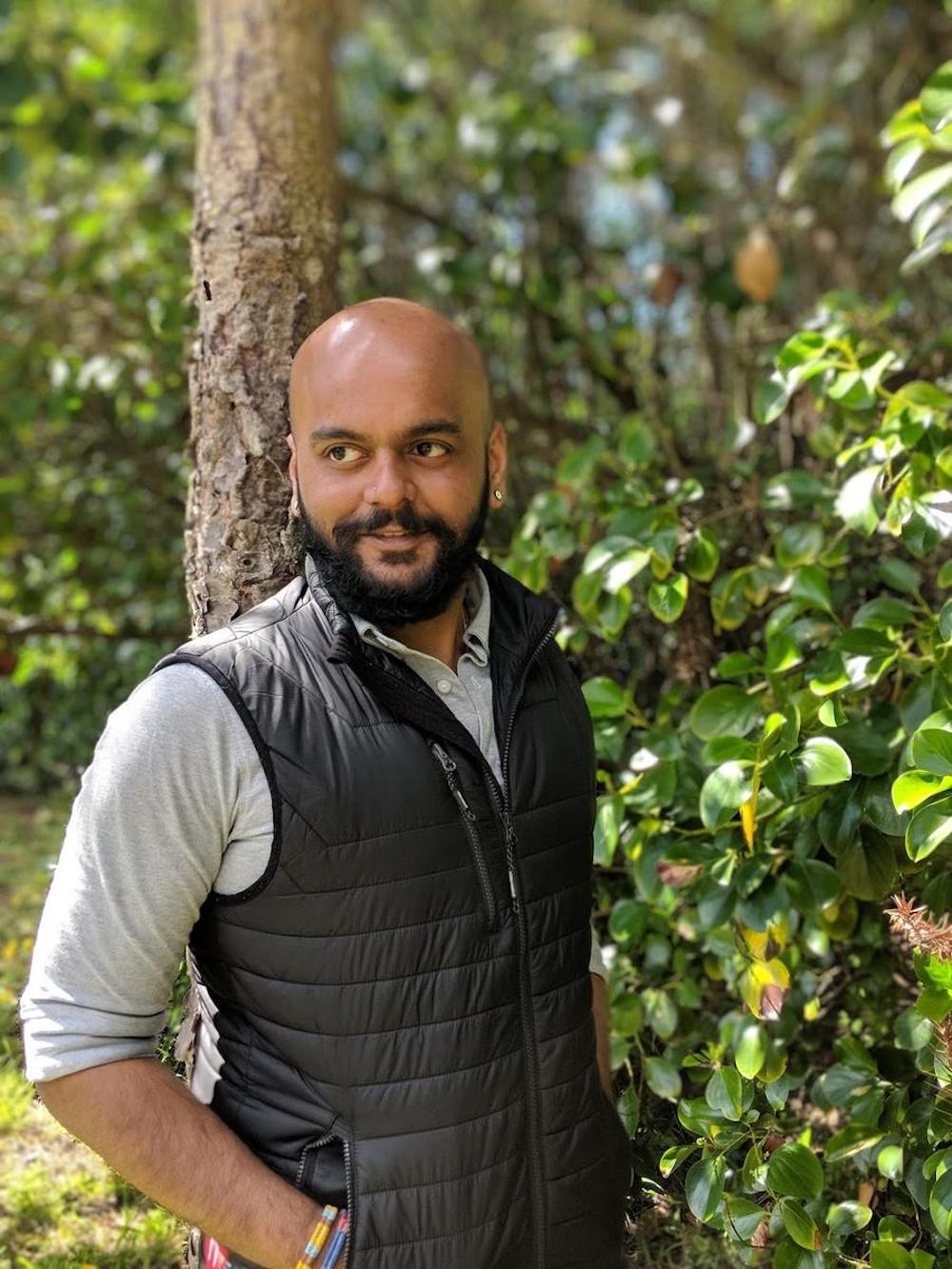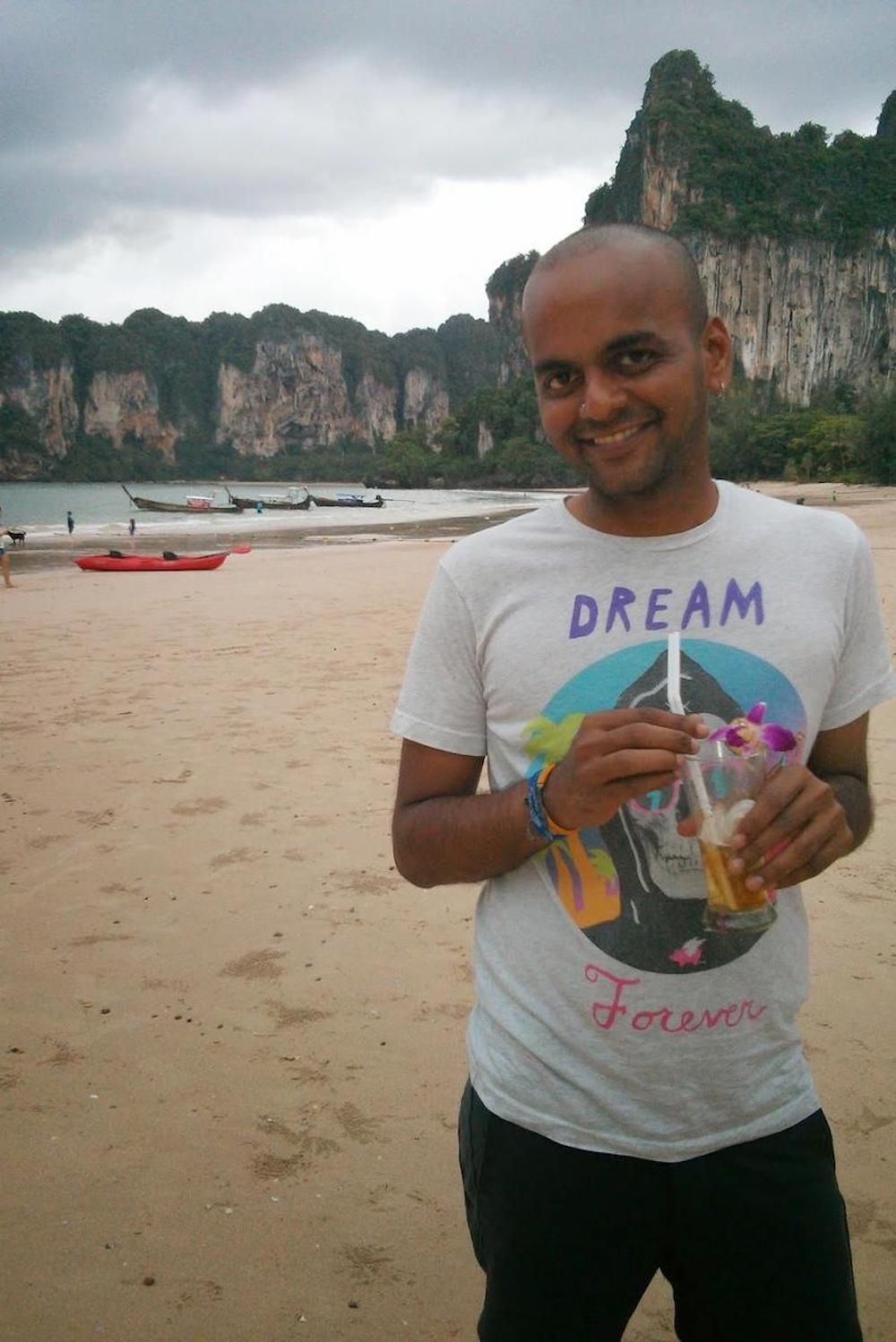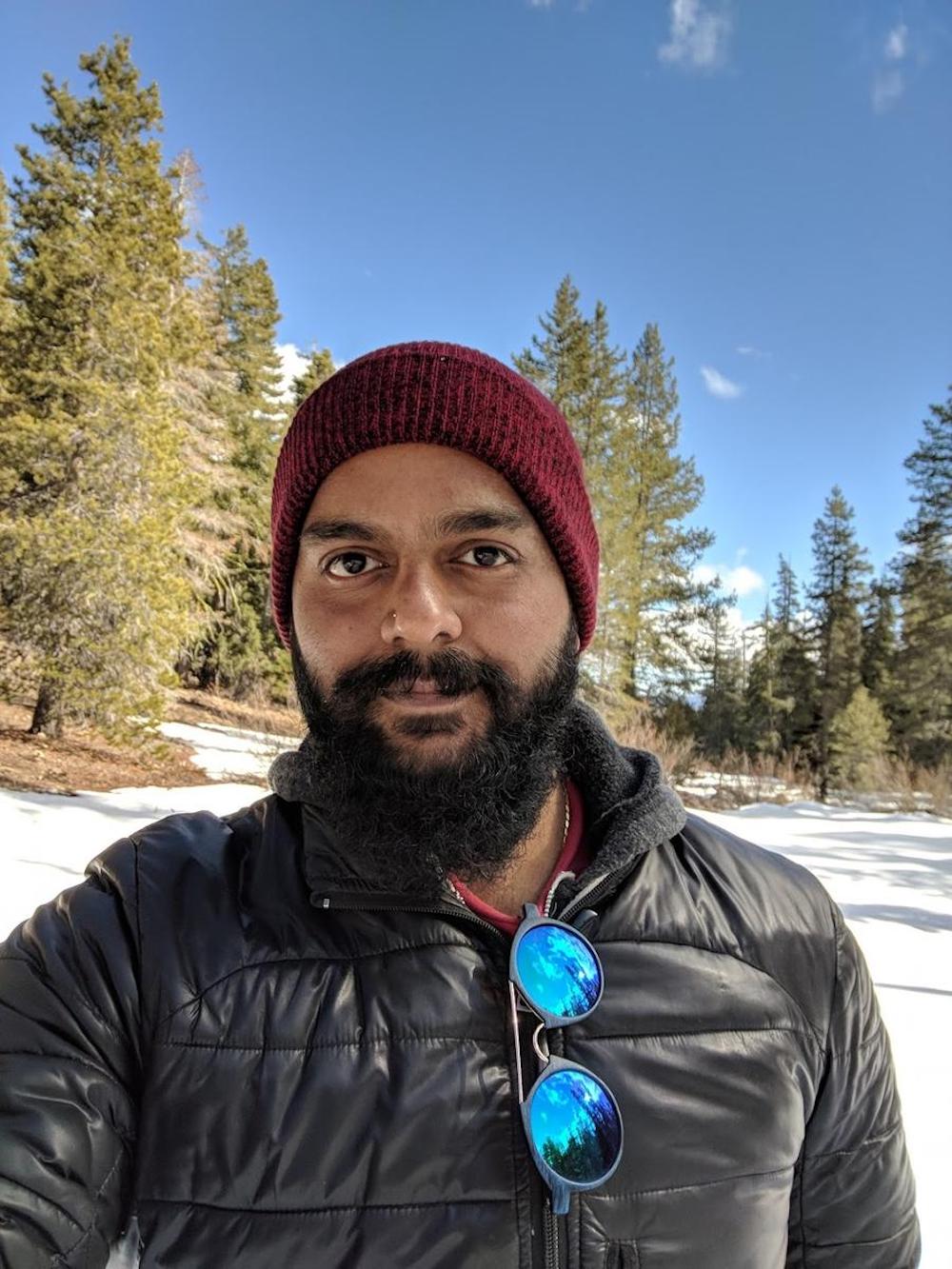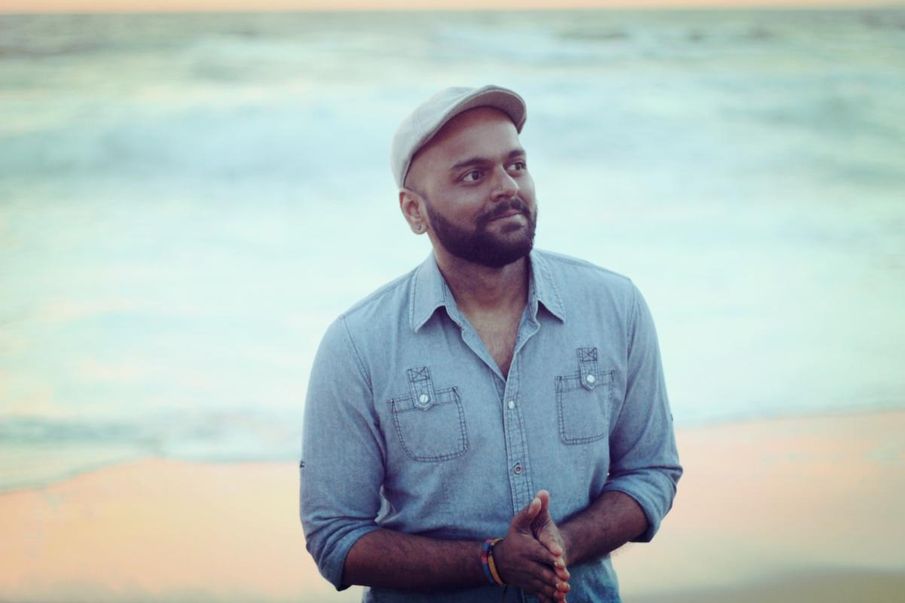Following a period of extreme stress, Swamy Gee developed depersonalisation and derealisation, leaving him feeling detached and isolated. But with time and a bit of soul-searching, Swamy learned to weather the storm and now works to reach out to others
I was born and raised in the southern part of India. When anyone asks me about my childhood, I always tell them it was normal, conveniently hiding important details. In 1998, when I was thirteen, my father developed thyroid cancer. By the time I reached eighteen - my first step into adulthood, his cancer had spread all over and ultimately claimed his life. It was a painful episode in our family history, and there I was, anesthetized to the pain, not able to shed a single tear during his funeral. It was probably the first time I disassociated.
Fast forward to 2006, I landed my first job at a large financial software company right out of college. To my surprise, instead of trying to blaze the corporate ladder, I started to become increasingly disillusioned with the way my life was going. Up until then, I was walking the path carved out for me by my family and society. I went to a good school, then got myself into a top college and then graduated with a decent GPA hoping to be handed down a stellar life. But that wasn't happening. There was some soul-searching that needed to be done.

Swamy Gee
Over the next few years, I immersed myself in starting a business and failing, moved to a different city for a job, and in 2009 I emigrated to San Francisco for a job in a hot startup. Ultimately though, I had nothing to show for it. I was still stuck with same mild depressive feeling in the background of my awareness that I had felt since graduating from college.
Every day I would wake up with heavy brain fog. I had trouble focusing at work. Being a programmer means you need to think creatively and pay close attention. Both of those proved so taxing to me. I'd keep falling asleep for brief moments, only to wake myself up before anyone notices.
It was also during this time that I put myself on a strict diet regimen, determined to lose those extra few pounds I had been carrying since my college years. And hey, did I tell you I was also experimenting with psychedelics (soft drugs) during this time? It was a period of rapid change. And sometimes change at this rate is not always a good thing.
Suddenly, in May of 2011, out of nowhere, I developed a mental disorder over the course of a few weeks. Depersonalization (DP) is a strange illness that not many know about. It makes you become detached from yourself. It makes you feel like you are living inside a movie. Derealization (DR), on the other hand, makes the world appear unreal and dreamlike. Combine the two and you have the perfect recipe for turning your entire worldview upside down – along with your sanity.
I became completely disconnected from myself and reality. The reality that everyone takes for granted suddenly seemed to be a bewildering landscape. I still cannot put into words the sheer terror of looking in the mirror and feeling like a complete alien to myself.

The first year after developing DP/DR was the hardest. Not only did I feel like I was teetering on the edge of sanity, I also had trouble looking at the world in the same way that I did before. Everything had the quality of being familiar yet completely strange. People appeared very alien to me (but not in a hallucinatory way), I couldn’t shake off the nightmare idea of solipsism (the belief that nothing exists but yourself), and had trouble participating in everyday rituals like going to work.
In between panic and anxiety attacks, I was plagued by philosophical and existential thoughts about the nature of existence and reality. What made it more painful was that I wasn’t able to share my feelings with even close friends and family because I felt like they would not be able to understand me. This is a common complaint from DP/DR sufferers. We are unable to convey what is happening to us because words are very limiting when it comes to describing the experience.
Nevertheless, I was fully functional on the outside. I still showed up to work, hung out with friends, and practiced with my band every week even though I felt like there was a thin veil between myself and the rest of the world. At times, when the DP/DR was in full swing, trying to hide my discomfort was so taxing to me.
Depersonalization, derealization, anxiety and panic disorder are all related. Having one inevitably invites others into your life. Until I experienced them, I had no interest in reading about such mental disorders. When I started to have them one by one, I'd spent hours googling about each and every symptom and reading this article or that book and became excessively concerned about these topics.
Fortunately, I had learned early on that the secret to weathering the DP/DR storm is to not fight the thoughts and feelings it produces. Instead, one must learn to accept and surrender to these symptoms. Though my instincts were telling me to resist these feelings, or to fight, or to run and hide from them (which is impossible), I allowed them to come and go as they wish. This was the key to my recovery.
Over the years, as I began to stabilize, my hellish experience started to transform into something remarkable. It made me aware of the mysterious nature of the universe and our existence. It rejuvenated my interest in philosophy, spirituality, and religion. I began reading more books that talked about the nature of self and the nature of reality. Such concepts have been the subject of debates for millennia in both the east and the west.

As painful as this experience initially was, it led me to a place of wholeness or at least on the path to it. Now that I was getting better, something in me wanted to reach out and help other folks who were struggling with this illness. In the fall of 2014, I enrolled myself in a year-long counseling program. Never would have I imagined that I would one day become a coach and a counselor but there I was, trying to learn how to be with people who needed healing. I wanted to be someone whom people could rely on to help them through their painful dissociative experiences. It now gives me immense satisfaction to be able to support other people navigate the bizarre and frightening world of depersonalization.
If you are someone going through a depersonalization episode, know that there is hope. Accept these feelings without trying to resist them. You need to understand that you are having a normal reaction to a high level of stress that you are experiencing. DP/DR is serving as a protective layer against the incredible stress you are feeling, some of which can arise out of the depersonalization itself.
When I was in the throes of depersonalization, I wanted assurance that I was going to be alright. If anything, I want this article to serve as an assurance for whoever is suffering the way I did. I want you to know that not only did I survive the tough days, but I also emerged stronger than before. I hope that is your experience as well.
I do not claim to have reached enlightenment, but my depersonalization experience made me more aware of the depth of life. There is more to this life than the simple story we keep telling ourselves. And we also possess the ability to change our storyline.
Swamy Gee is a counselor and writer for A Coach Called Life. He helps people struggling with depersonalization, derealization, anxiety and panic disorder. His recent ebook, 'Freedom from Depersonalization and Anxiety: A Short Guide to Reclaiming Your Life', is available as a FREE download from acoachcalledlife.com/ebook. You can also follow him on Twitter: @coachcalledlife


Comments